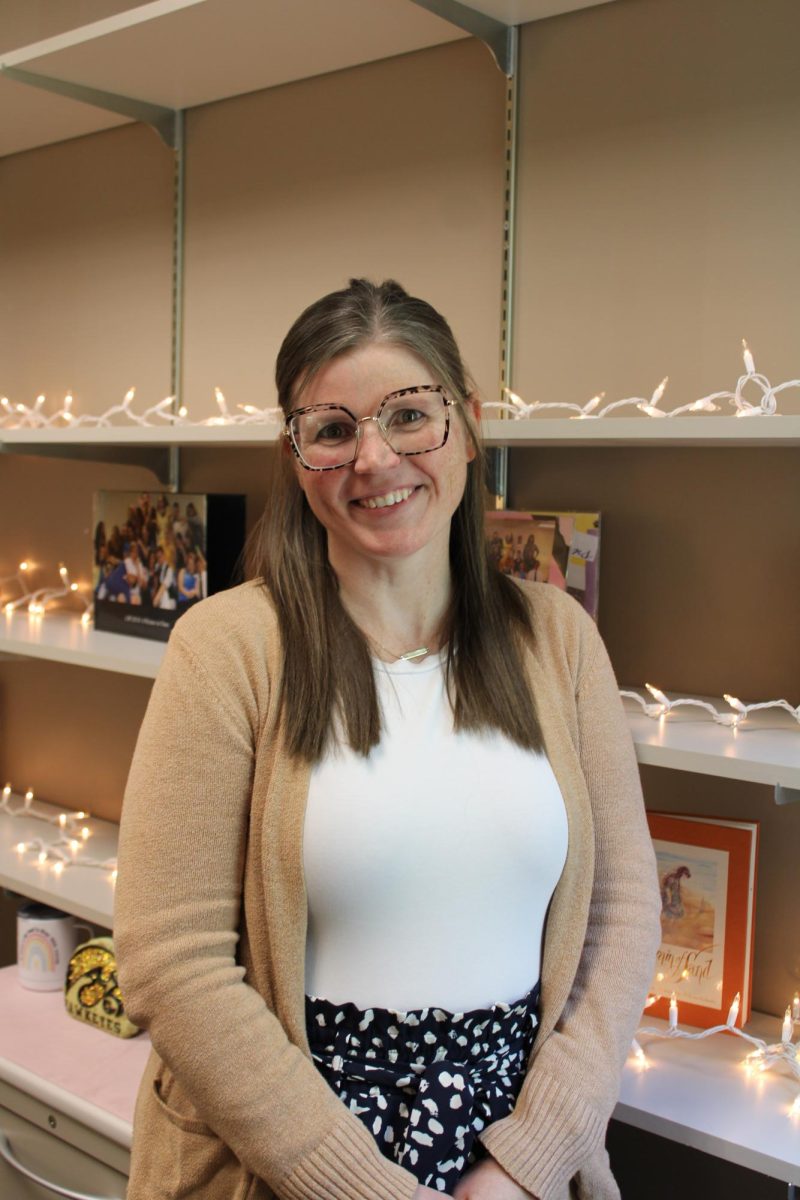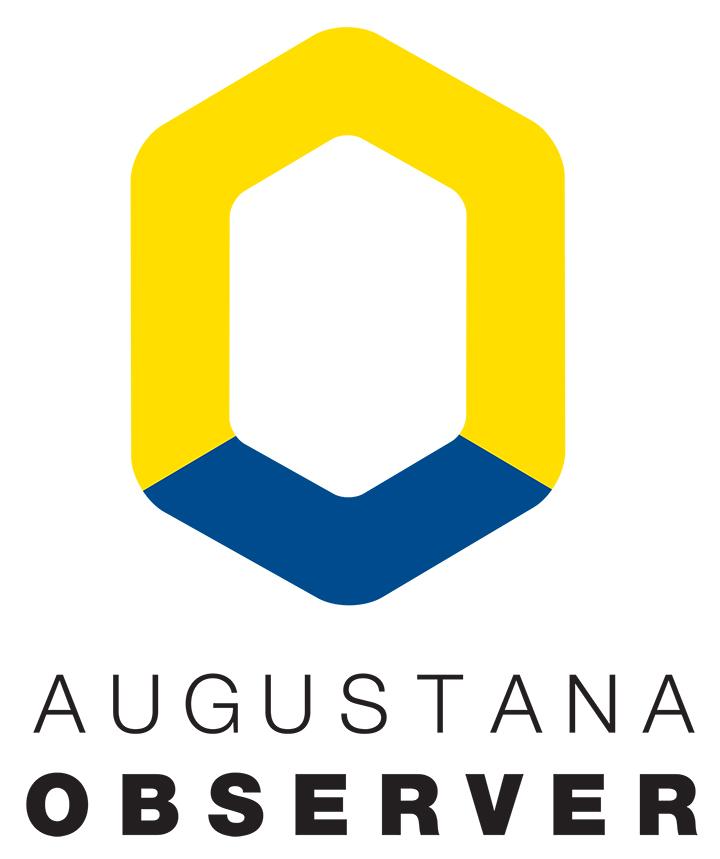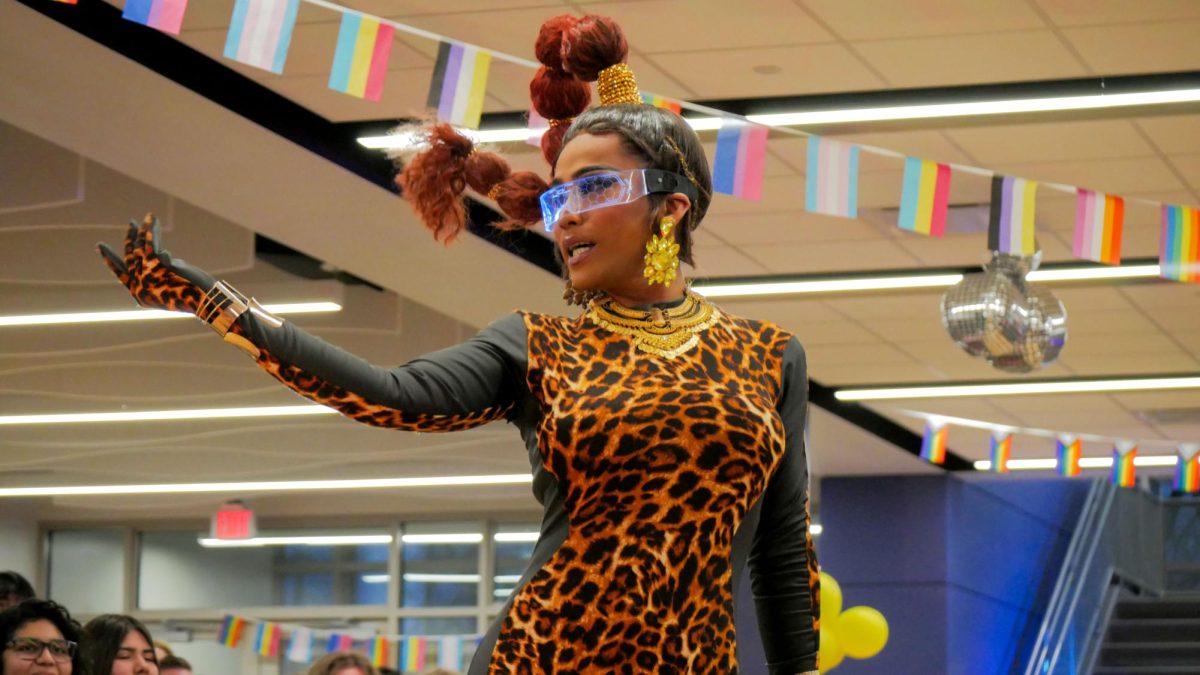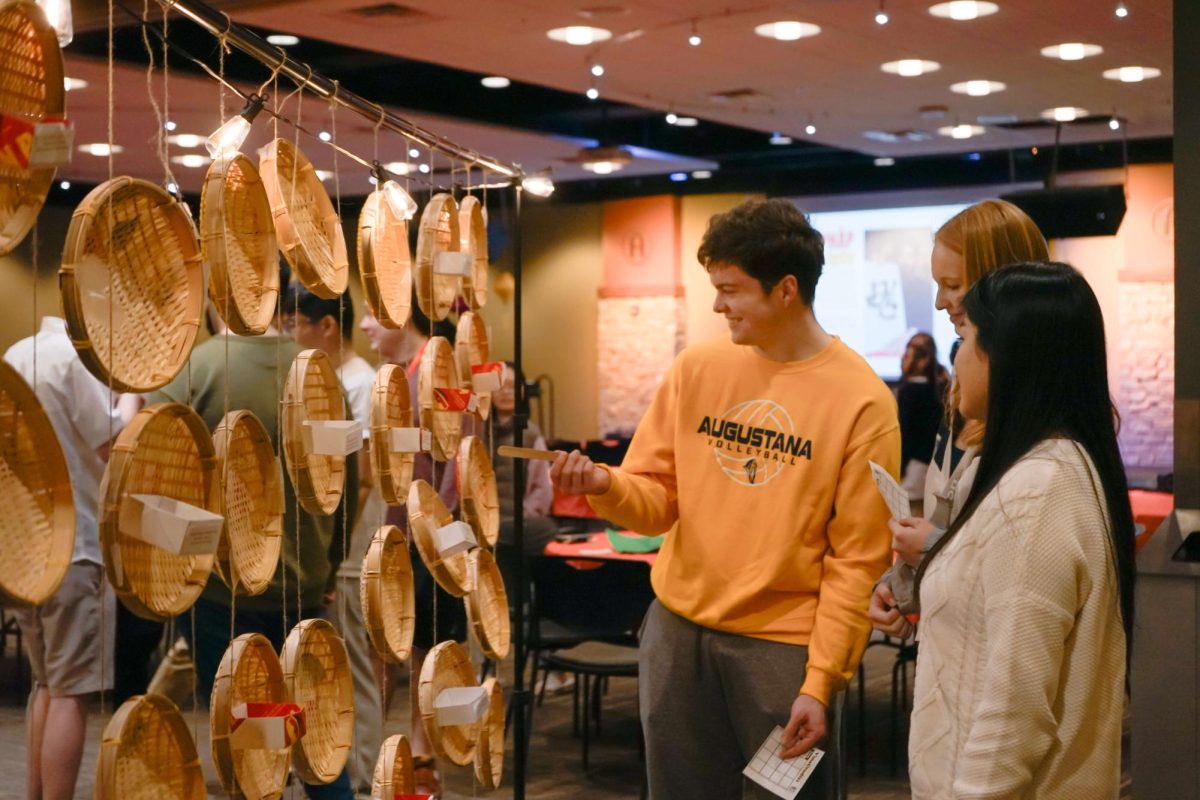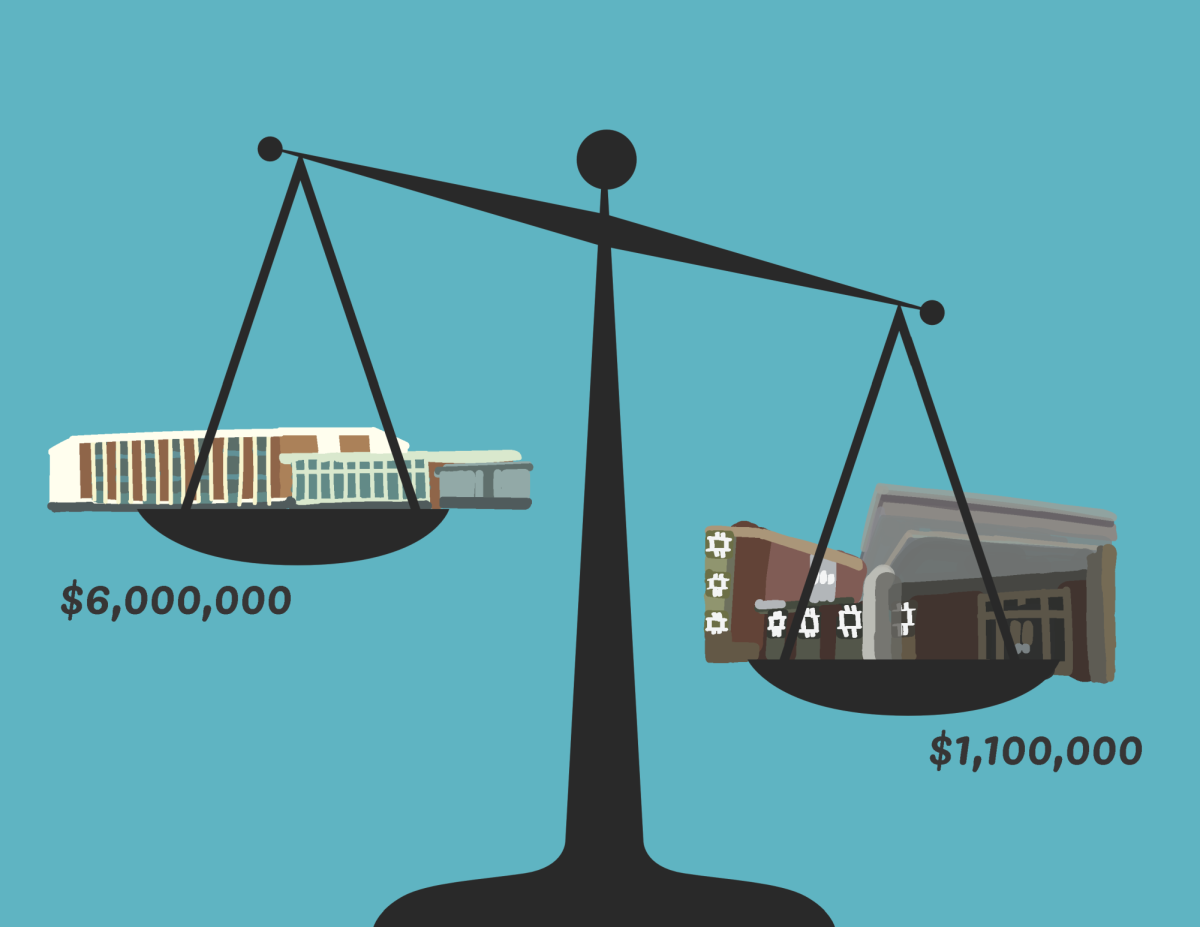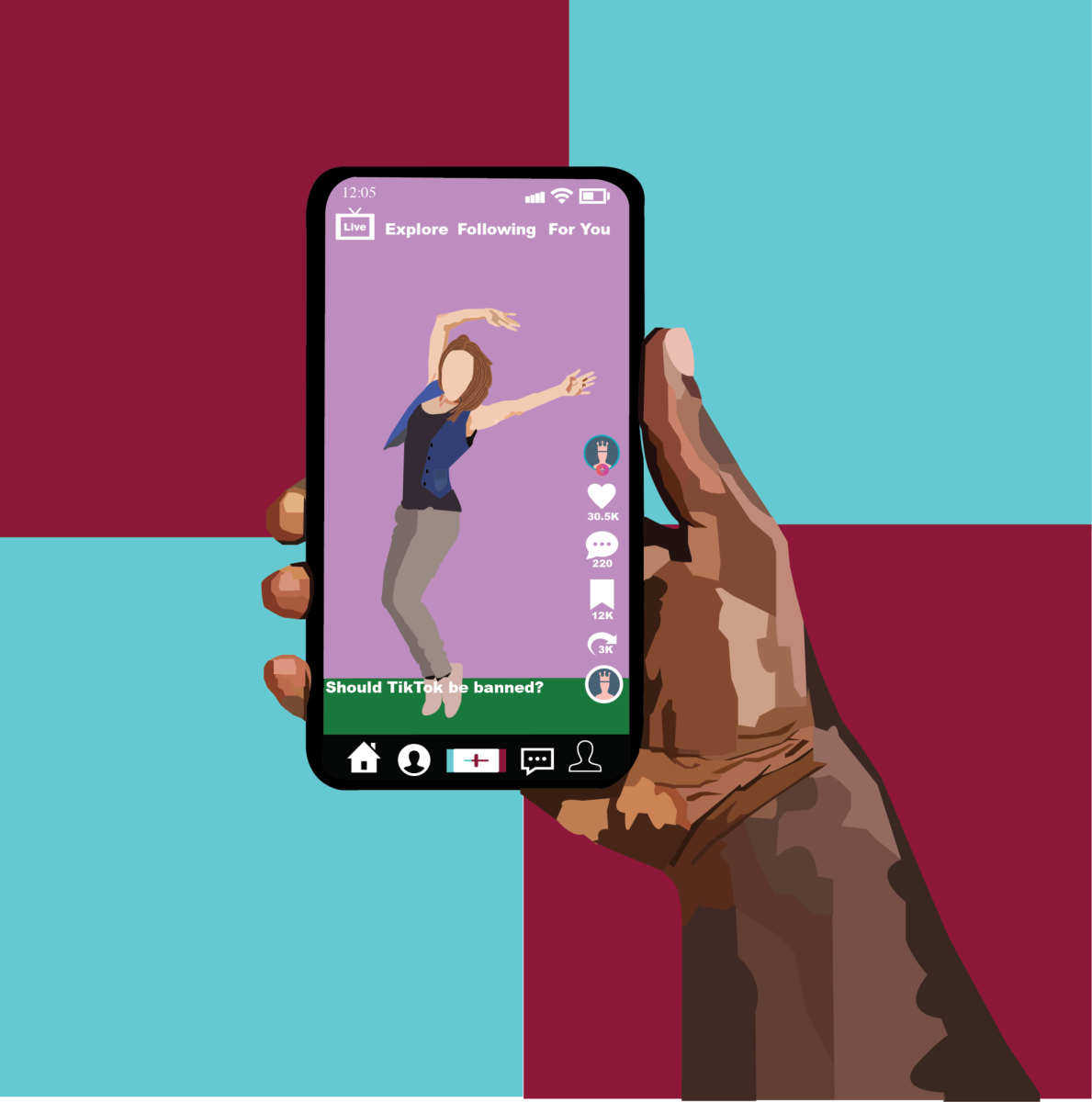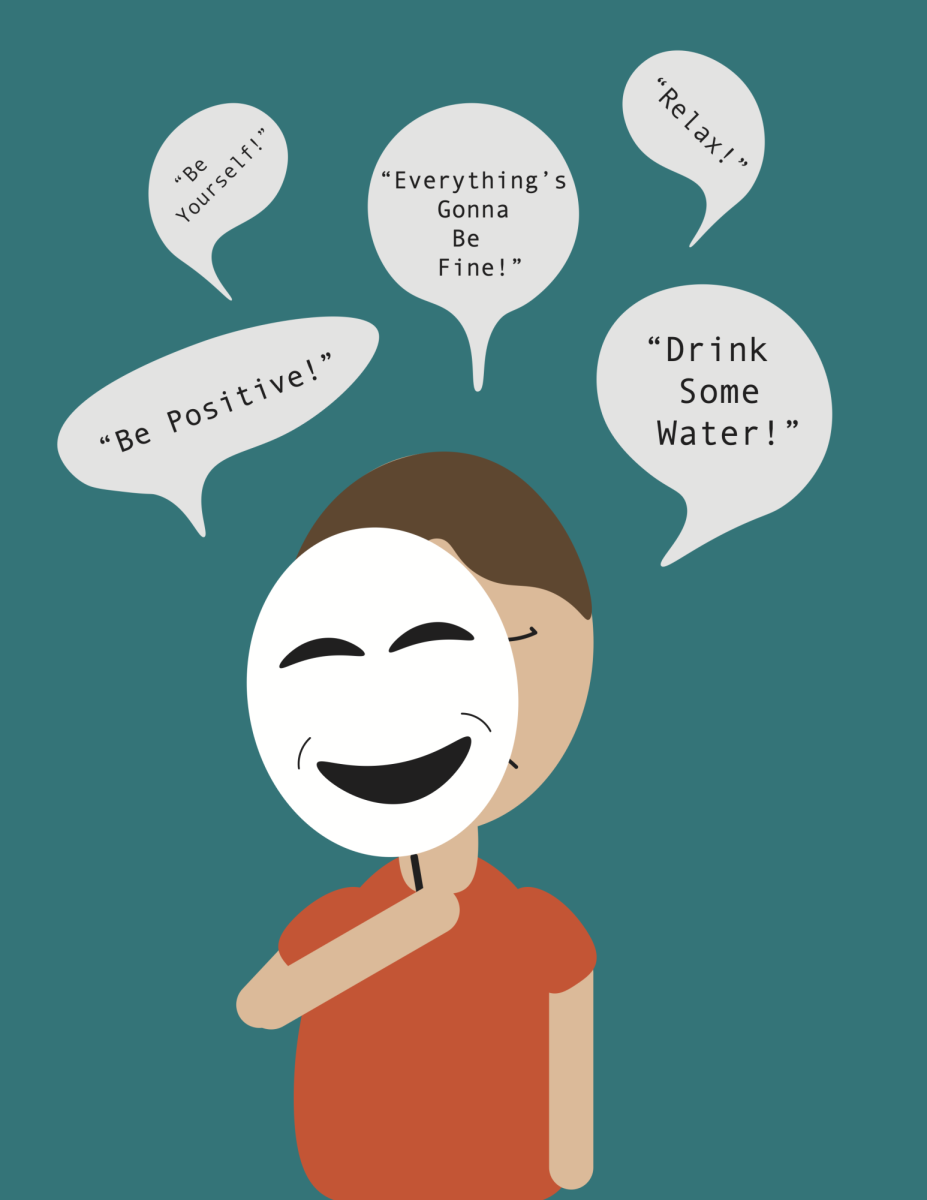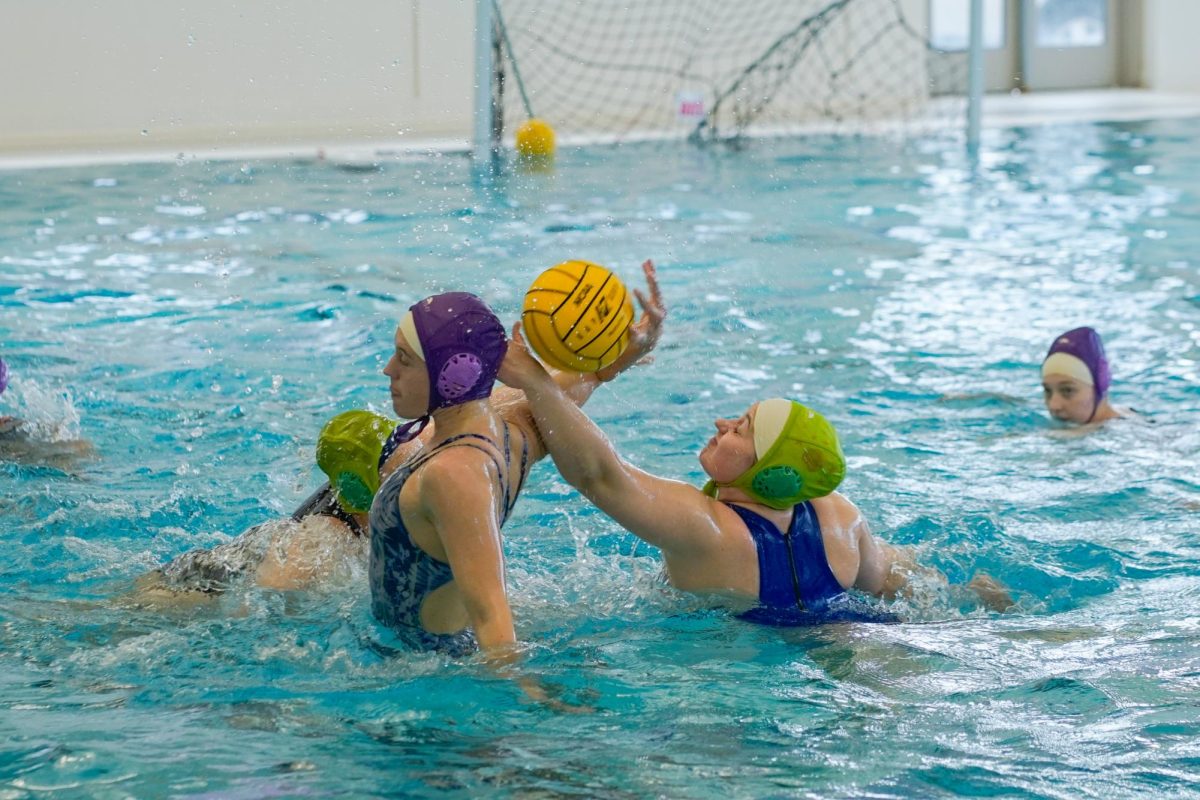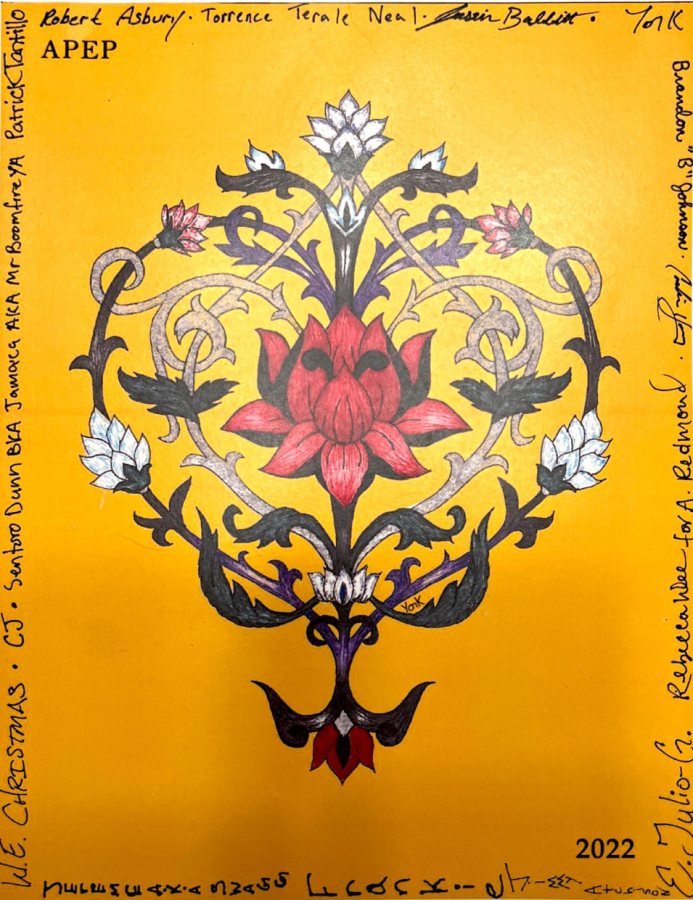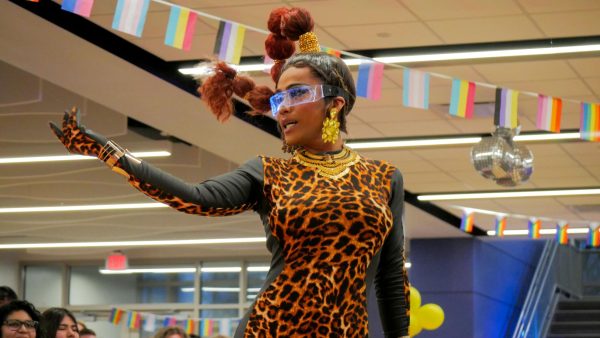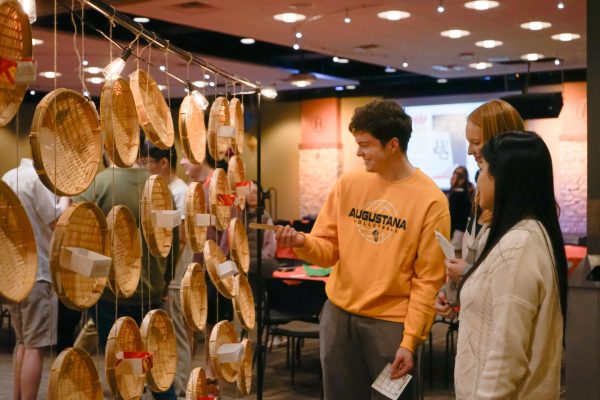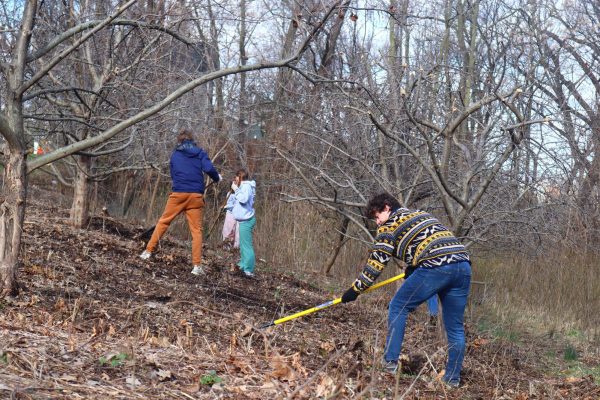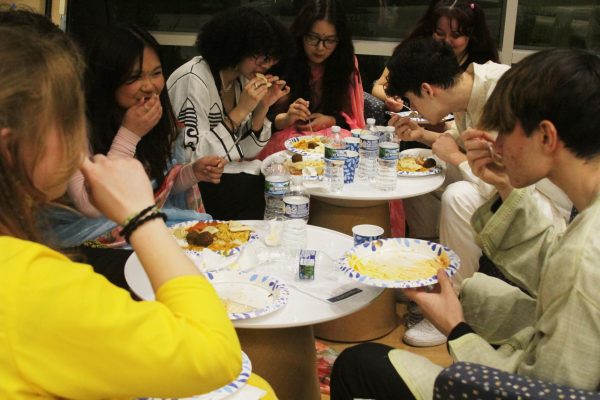APEP poetry blooms from behind bars
May 5, 2023
Raw expressions of anger, hopelessness, fear, love and nostalgia fill the pages of incarcerated students’ notebooks. With no computers in the prison, students of the Augustana College’s Prison Education Program (APEP) wrote poems by hand, later made into a booklet collection with the help of Professor Rebecca Wee, Bonnie Jessee and others. Soon to be available for students, faculty and staff, the poems speak on life behind bars. Some of these poems will also be featured in Augustana’s SAGA magazine.
APEP, created in the fall of 2021, is a bachelor of arts (BA) degree program for incarcerated men at the East Moline Correctional Center (EMCC). What started out as a cohort of ten men turned into a running program of twenty-or-so men obtaining BA degrees in communication studies.
Dr. Sharon Varallo, executive director of APEP and professor of communication studies, dedicates her life to the APEP program and its students.
“Everything in my life has led up to this, and I’m just very grateful for it,” Varallo said. “It’s tiring work, and it is absolutely work I’m grateful for everyday.”
The APEP program aims to provide incarcerated students with the same educational opportunities as Augustana students. Professor Rebecca Wee offered Intro to Poetry this past fall semester, fulfilling Augustana’s requirements for the learning perspective on the arts. While Wee served as the men’s professor, she believes they taught her as much as she taught them.
“I told them by the second day. I just said, ‘I fully expect to learn as much from you guys as you do from me, things that I don’t know about’,” Wee said. “And I know things you haven’t studied. So let’s help each other.”
Unable to use technology or access computers, APEP students don’t have the same resources as on-campus Augustana students. Research for assignments and papers comes from someone outside the prison, and all poems produced by the men were written long hand.
Assigning two poems a week, Wee worked to keep the class as similar as possible to her on-campus class. While she gave general guidelines within each poetry assignment, Wee also believes in fostering creativity. She allows students to write as freely as they please, whether in verse, language or theme. The students wrote directly from mind to page, consisting of heavy topics, such as drugs, pain, race, love and suicide.
According to Wee, 18 men took the creative writing course. However, it was always possible men could be transferred, exonerated or disappear for a day with no one knowing why. The men were living behind the same bars, but they didn’t truly know each other. No one spoke out or was particularly friendly in the classroom. However, that soon changed.
“His compatriot just said, ‘You have come such a long way from when you couldn’t even stand up in front of the room’,” Wee said, recalling what the men said to each other after sharing their stories and words. “And that wasn’t us. That was just them encouraging each other and recognizing how far they’ve gone.”
The collection of poetry was a team effort. Without the help of APEP instructors, this group of men might not have even spoken to each other, let alone share their vulnerabilities. Bonnie Jessee, an administrative assistant of APEP, worked tirelessly to type and produce the APEP poetry book.
“We were typing so fast to get the poems in the book,” Jessee said. “There were so many typos, but we wanted them to see their hard work.”
After their work was printed, most students were shocked and almost could not recognize their writing.
All of the poetry book contributors, prisoners or not, were deeply moved by the writing within the pages. It was a beautiful commemoration for all of them.
“I wrote a poem to put into [the book] at the beginning because it just impacted me so much. Just typing them in was just typing words,’’ Jessee said. “But after they read it, it was a very different experience for me.”
All students in the class chose to submit a poem for the book collection, whether it was long or short, one or more, happy or sad. Some were even selected to be published within SAGA, Augustana’s art and literary magazine.
According to Blake Traylor, co-editor-in-chief of SAGA , all work, including work by APEP students, is anonymous during the magazine’s selection process.
The APEP poetry book, once publically distributed, will be in the library available for all students, faculty and staff to read.
